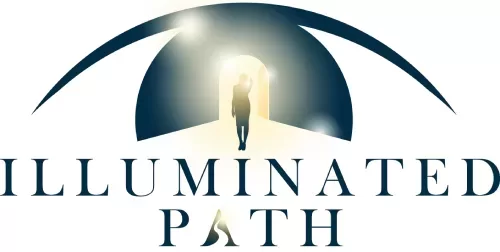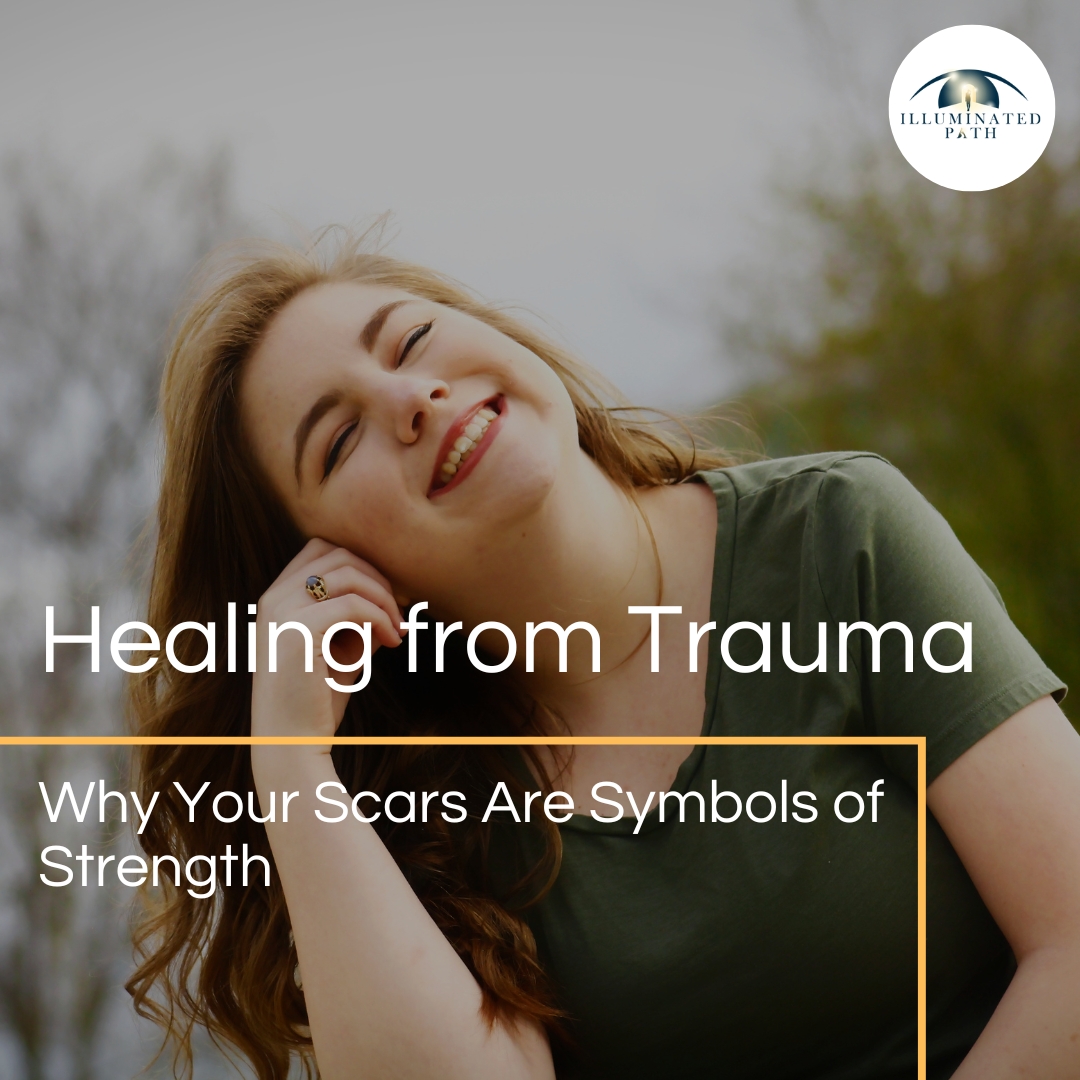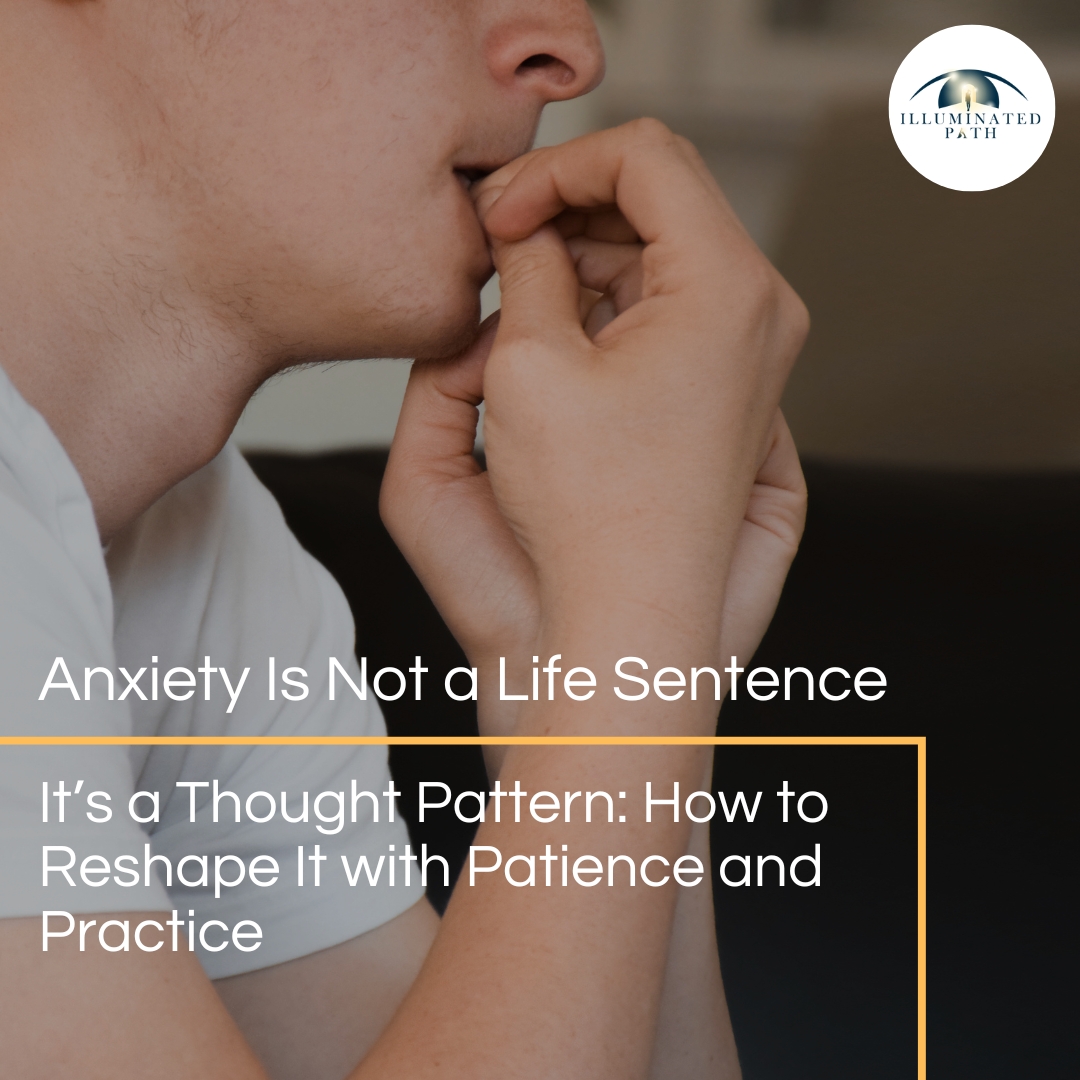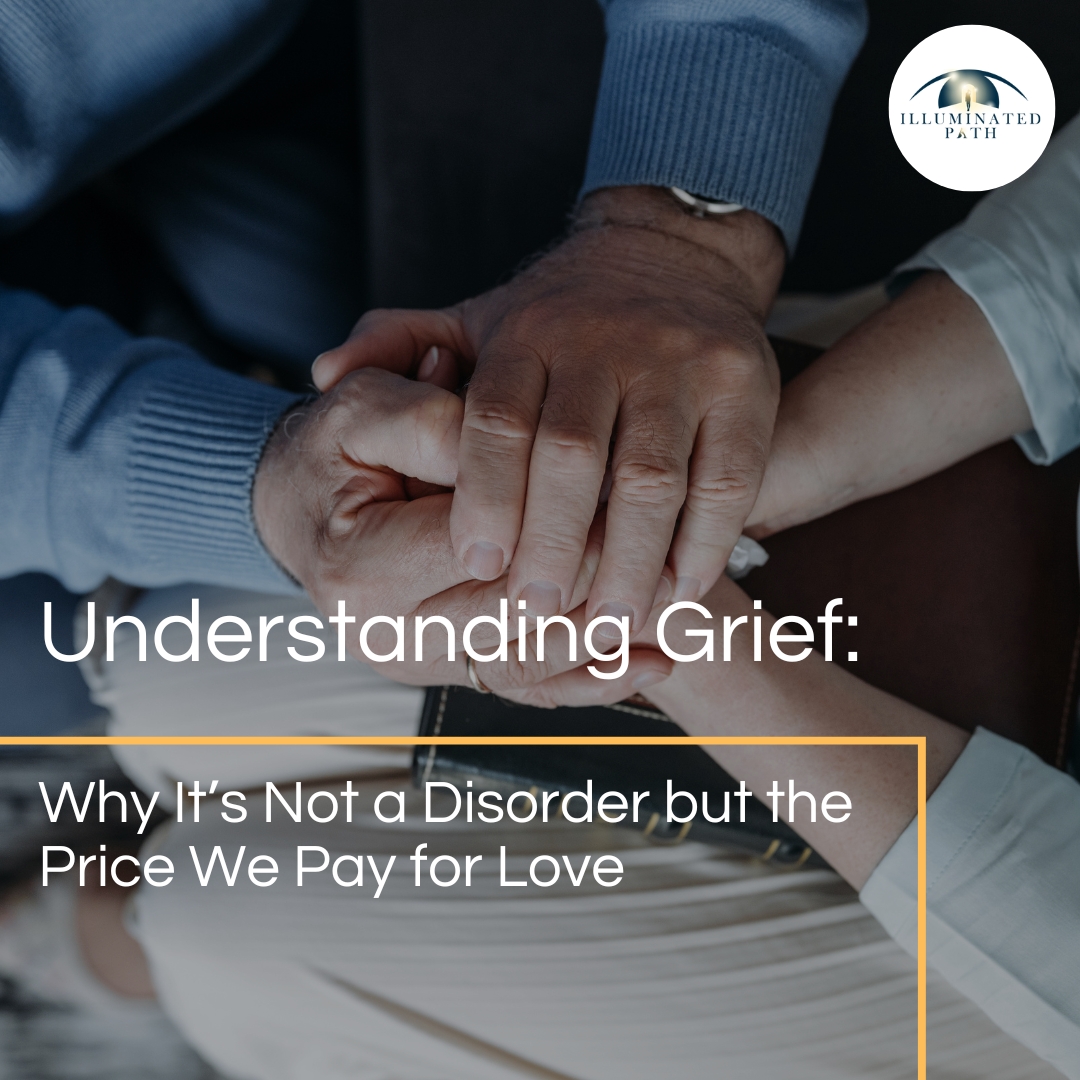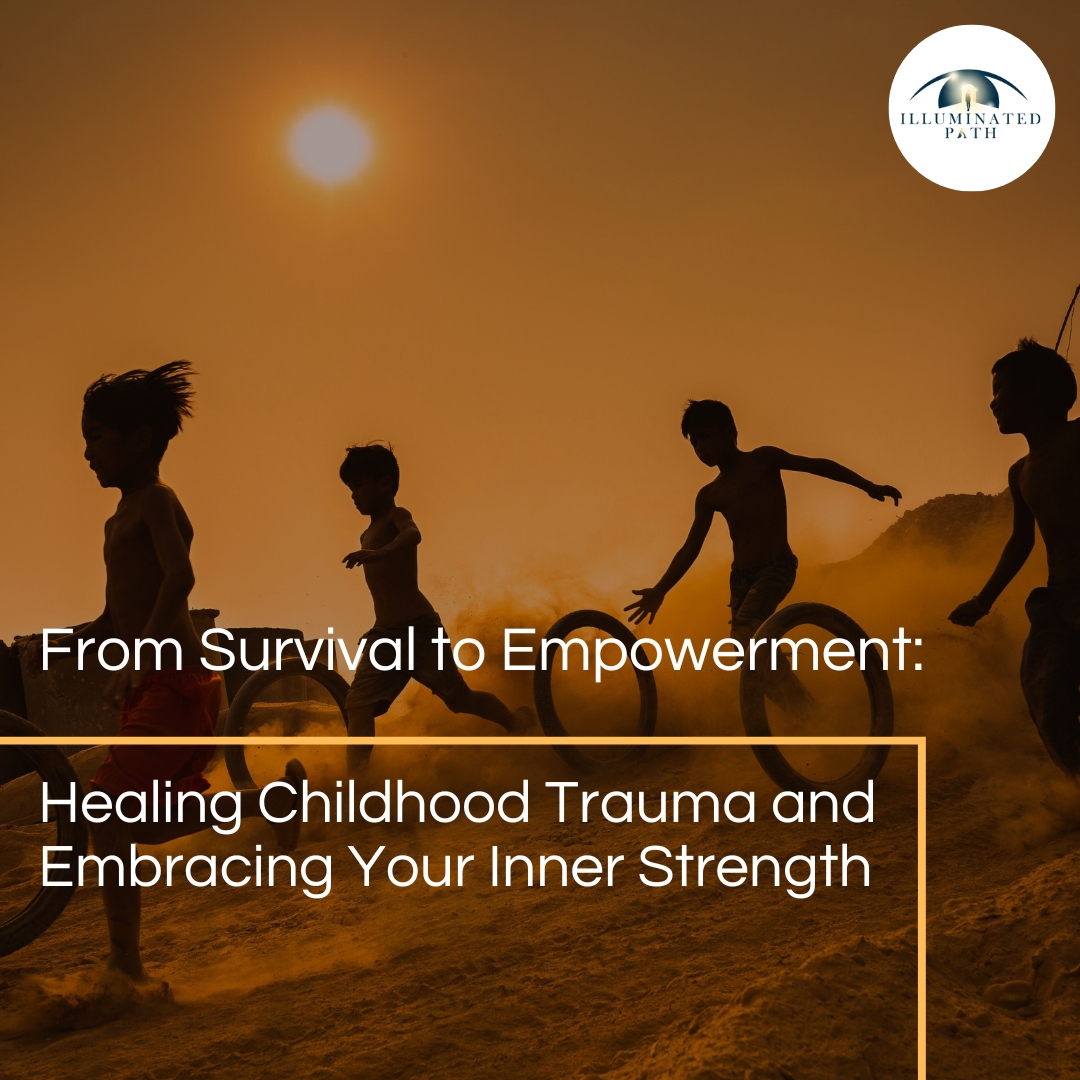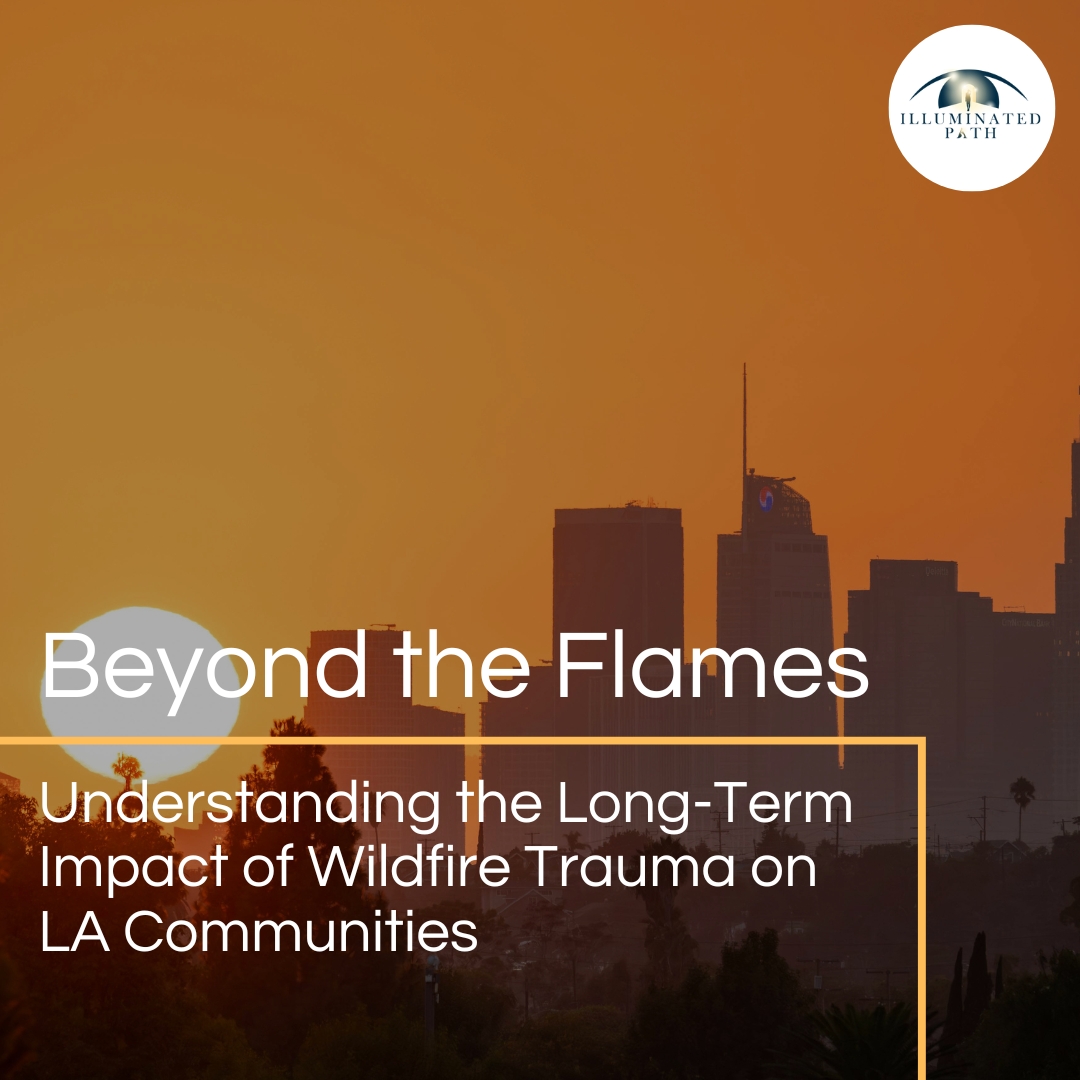
The iconic image of Los Angeles is often one of sunshine, beaches, and Hollywood glamour. But in recent years, a new and terrifying image has emerged: raging wildfires tearing through hillsides, homes, and lives. While the immediate devastation of these fires is undeniable, the long-term impact of wildfire trauma on LA communities is a complex and often invisible wound that demands attention.
Beyond the immediate loss of life, homes, and property, wildfires leave a deep psychological scar on individuals and communities. The trauma of witnessing the destruction, fearing for one’s life, and experiencing displacement can have profound and lasting effects on mental health, social connections, and overall well-being. Understanding the nature and scope of this trauma is crucial for providing effective support, fostering resilience, and building stronger communities in the face of future fire threats.
The Psychological Impact of Wildfires: More Than Just PTSD
While Post-Traumatic Stress Disorder (PTSD) is often associated with wildfire trauma, the psychological impact extends far beyond this single diagnosis. Wildfires can trigger a range of mental health challenges, including:
- Acute Stress Disorder (ASD): This can occur in the immediate aftermath of a traumatic event, characterized by symptoms such as intrusive thoughts, nightmares, flashbacks, avoidance of reminders, and hyperarousal.
- Generalized Anxiety Disorder (GAD): Wildfires can heighten anxiety levels, leading to excessive worry, restlessness, and difficulty concentrating.
- Depression: The loss of loved ones, homes, and community can trigger feelings of sadness, hopelessness, and loss of interest in life.
- Substance Abuse: Some individuals may turn to drugs or alcohol to cope with the emotional distress of wildfire trauma.
- Adjustment Disorders: Difficulty adjusting to the changes and losses caused by wildfires can lead to significant emotional and behavioral disturbances.
It’s important to recognize that these mental health challenges can affect individuals of all ages, including children, first responders, and those with pre-existing mental health conditions.
The Ripple Effect: Trauma’s Impact on LA Communities
The impact of wildfire trauma extends beyond the individual level, rippling through families, communities, and social systems.
- Family Strain: Wildfires can disrupt family dynamics, leading to increased conflict, communication difficulties, and challenges in providing support to one another.
- Community Disruption: The loss of community gathering places, schools, and businesses can disrupt social connections and support networks, leading to feelings of isolation and disconnection.
- Economic Hardship: The financial burden of rebuilding, replacing lost belongings, and dealing with insurance claims can create significant economic stress for individuals and families.
- Strain on Resources: Wildfires can overwhelm mental health services and other support systems, leading to long wait times and limited access to care.
The Long-Term Toll: Chronic Stress and Health Consequences
The psychological and social consequences of wildfire trauma can persist for years, leading to chronic stress and a range of health problems.
- Chronic Stress: The ongoing stress of dealing with the aftermath of a wildfire can disrupt the body’s stress response system, leading to chronic inflammation, weakened immune function, and increased risk of chronic diseases.
- Physical Health Problems: Studies have linked wildfire exposure to increased risk of cardiovascular disease, respiratory problems, and even cancer.
- Mental Health Challenges: Untreated trauma can lead to chronic mental health conditions, such as PTSD, depression, and anxiety, which can significantly impair quality of life.
- Increased Vulnerability: Trauma survivors may be more vulnerable to future stressors and challenges, leading to a cycle of adversity and difficulty coping.
Building Resilience: Strategies for Recovery and Growth
While the impact of wildfire trauma is significant, it’s important to remember that resilience and recovery are possible. Individuals, families, and communities can take steps to heal and build stronger foundations for the future.
Individual Strategies:
- Seek Professional Help: Therapy can provide a safe and supportive space to process trauma, develop coping skills, and address mental health challenges.
- Practice Self-Care: Engaging in activities that promote emotional and physical well-being, such as mindfulness, exercise, and spending time in nature, can help to reduce stress and build resilience.
- Connect with Others: Building and maintaining strong social connections can provide a sense of belonging and support during difficult times.
- Focus on Strengths: Identifying and utilizing personal strengths and resources can foster a sense of agency and empowerment.
Community Strategies:
- Trauma-Informed Care: Implementing trauma-informed practices in schools, healthcare settings, and community organizations can create supportive environments for healing and recovery.
- Community Support Groups: Providing opportunities for survivors to connect with others who have shared similar experiences can foster a sense of community and reduce isolation.
- Resilience Building Programs: Investing in programs that promote resilience, coping skills, and disaster preparedness can help communities to better withstand future challenges.
- Advocacy and Policy Change: Advocating for policies that address climate change, wildfire prevention, and mental health support can create systemic change and reduce the impact of future wildfires.
The Path Forward: Embracing Hope and Collective Action
The long-term impact of wildfire trauma on LA communities is a complex and multifaceted challenge. However, by understanding the nature of this trauma, investing in resilience-building strategies, and embracing a collective approach to healing and recovery, we can empower individuals, strengthen communities, and create a more hopeful future in the face of fire.
The flames may leave scars, but they cannot extinguish the human spirit. By working together, we can help LA communities to rise from the ashes, stronger and more resilient than ever before.

The Author
Dr. Shadi Souferian Psy. D.
Licensed Clinical Psychologist
Therapist And Psychologist in Los Angeles And Beverly Hills.
